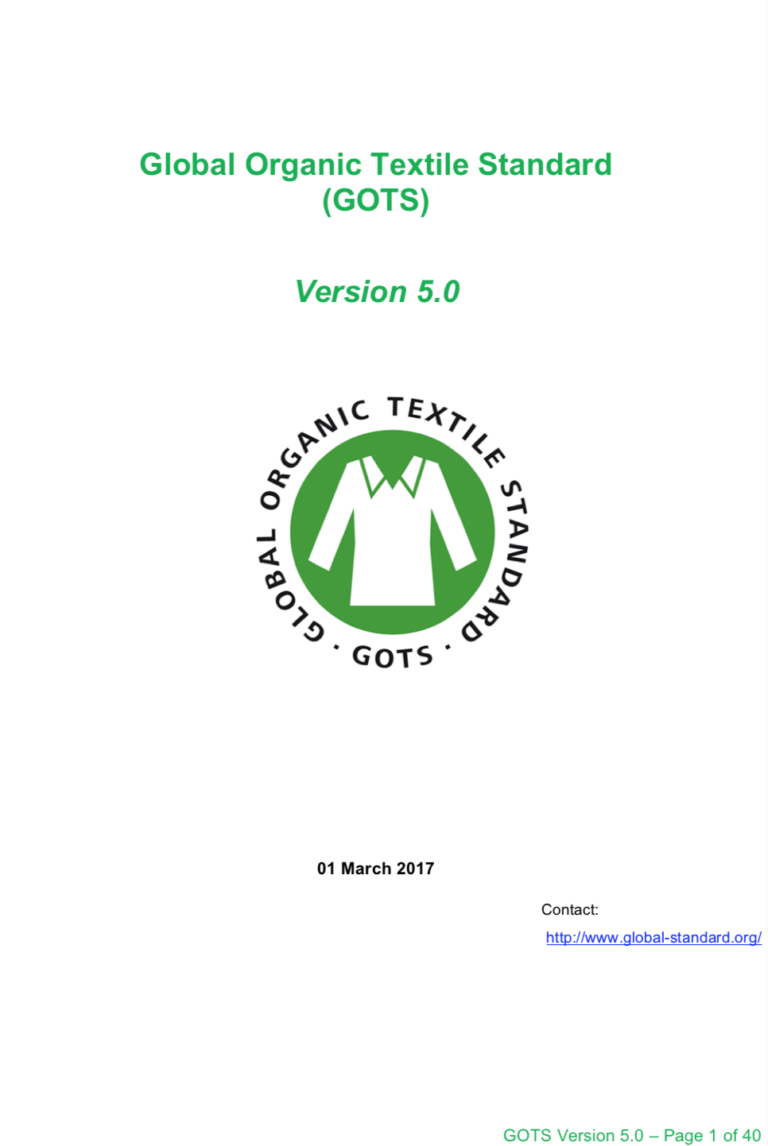IFC Performance Standard 2
Standards & Codes of ConductFor any business, its workforce is its most valuable asset. A sound worker-management relationship is key to the success of any enterprise. PS2 asks that companies treat their workers fairly, provide safe and healthy working conditions, avoid the u...Read More

